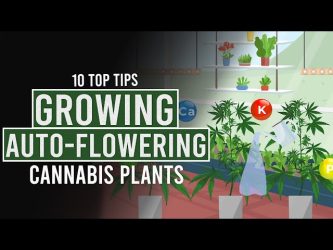You must need to login..!
Description
Growing Organic Cannabis
It can be so easy to lose focus on the fact that you can successfully grow cannabis without a host of chemicals and solutions.
Better still, growing cannabis organically is better for the environment, so you can go green, just like your cannabis plants.
When you think about it, cannabis plants grow outdoors, in the wild, in all sorts of environments, without any help from us, or added chemicals. It therefore makes sense that you can do the same.
However, one of the joys of growing cannabis plants, apart from enjoying the end results, is growing seriously productive plants that have great yields.
Those yields do depend, very heavily, on getting everything right when it comes to meeting the plants’ needs.
First, there is the soil itself. Natural soil contains bacteria, fungi, nematodes, protozoa and worms, all of which help to break down nutrients, making them easier for plant roots to absorb.
If you’ve got worms in your soil, they are great for helping nutrients to work their way throughout all the soil, while also ensuring it remains well aerated.
With those in place, you are then in a position to use different forms of fertiliser.
Cannabis plants require three macronutrients.
First there is nitrogen, which you can deliver in the form of seaweed or manure.
Potassium can be provided with wood ash or kelp meal, while phosphorous can be found in manure, bone meal and rock phosphate.
Then you have micronutrients such as boron, found in compost and calcium in eggshells.
Magnesium can be found in organic compost, manganese in seaweed, sulphur in manure and zinc in kelp.
You can easily make your own super-concentrated organic fertiliser to enable swifter uptake of nutrients at times when they are most needed.
Finally, there is that critical pH balance that is all important where healthy cannabis plants are concerned. To increase acidity, vinegar or lemon juice work perfectly, while baking soda can be used to reduce acidity.
Composting is a must for the organic grower, so to get the right compost, work on a 25% green and 75% brown mix, green being kitchen waste and grass cuttings, while brown stands for cardboard, leaves, straw and woodchips.
You can even go one step further and in a composter, include composting worms with kitchen waste and use the castings for your soil, while any liquid run-off can also be added to boost the microbial content of the soil.
It makes sense to go bio with your cannabis plants, as supermarket shelves are stacked with bio products, so they must be reasonably good for you!
But what about you, let us know what you use in the comment section below!












